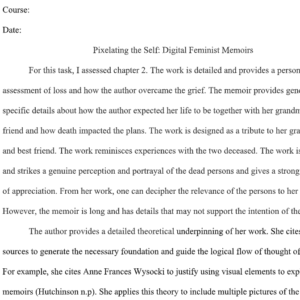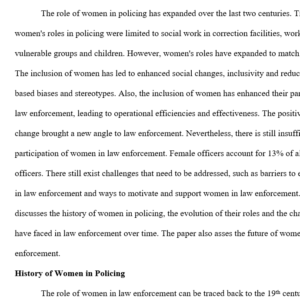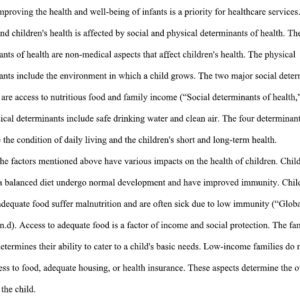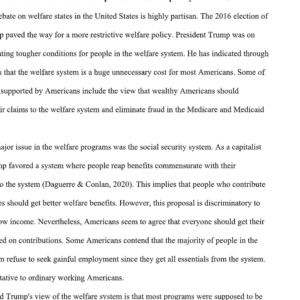The paradox of bilingualism
$10.00
ANSWER THE FOLLOWING QUESTIONS IN DETAIL regarding the article:
“The paradox of bilingualism” by Richard Ruiz(2008) and Transitions: Destruction of a Mother Tongue (documentary film)
According to Ruiz, what’s the “essential paradox” in the way languages other than English are seen in the United States?
What evidence does Ruiz present that such a paradox exists (and has existed throughout U.S. history)?
Connect the experiences of Blackfeet speakers in the film Transitions to Ruiz’s analysis.
What accounts for this paradox, in Ruiz’s view? That is, why is it the case that bilingualism is viewed in such a paradoxical way?
Ruiz writes, “Bilingual education …. has never really been about bilingualism or bilingualization” (p. 188). Why does he say so? And if it has never been about bilingualism, what has it been about?
Elsewhere, Ruiz (1984) writes that people (and policies, and institutions) may orient to language(s) in different ways. He identifies three principal “orientations” – language as problem, language as right, and language as resource. Please give an example of each orientation and explain.
Take a look at the two bullet points on p. 187 of Ruiz’s article. How do the two views of language in the bullet points compare to the two categories you and your partner created in class? [These two views of language are sometimes contrasted as instrumental vs. sentimental]




